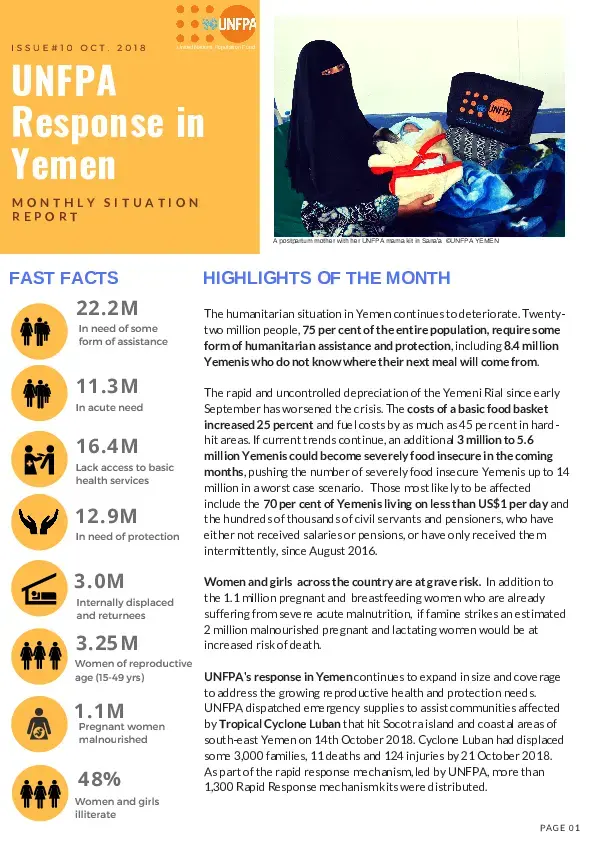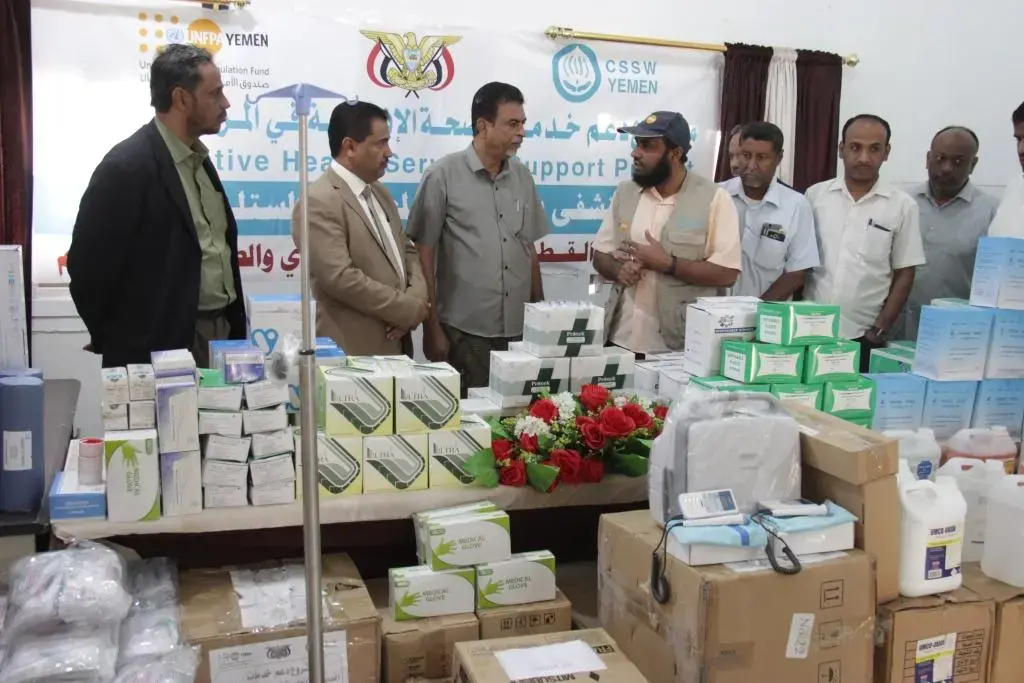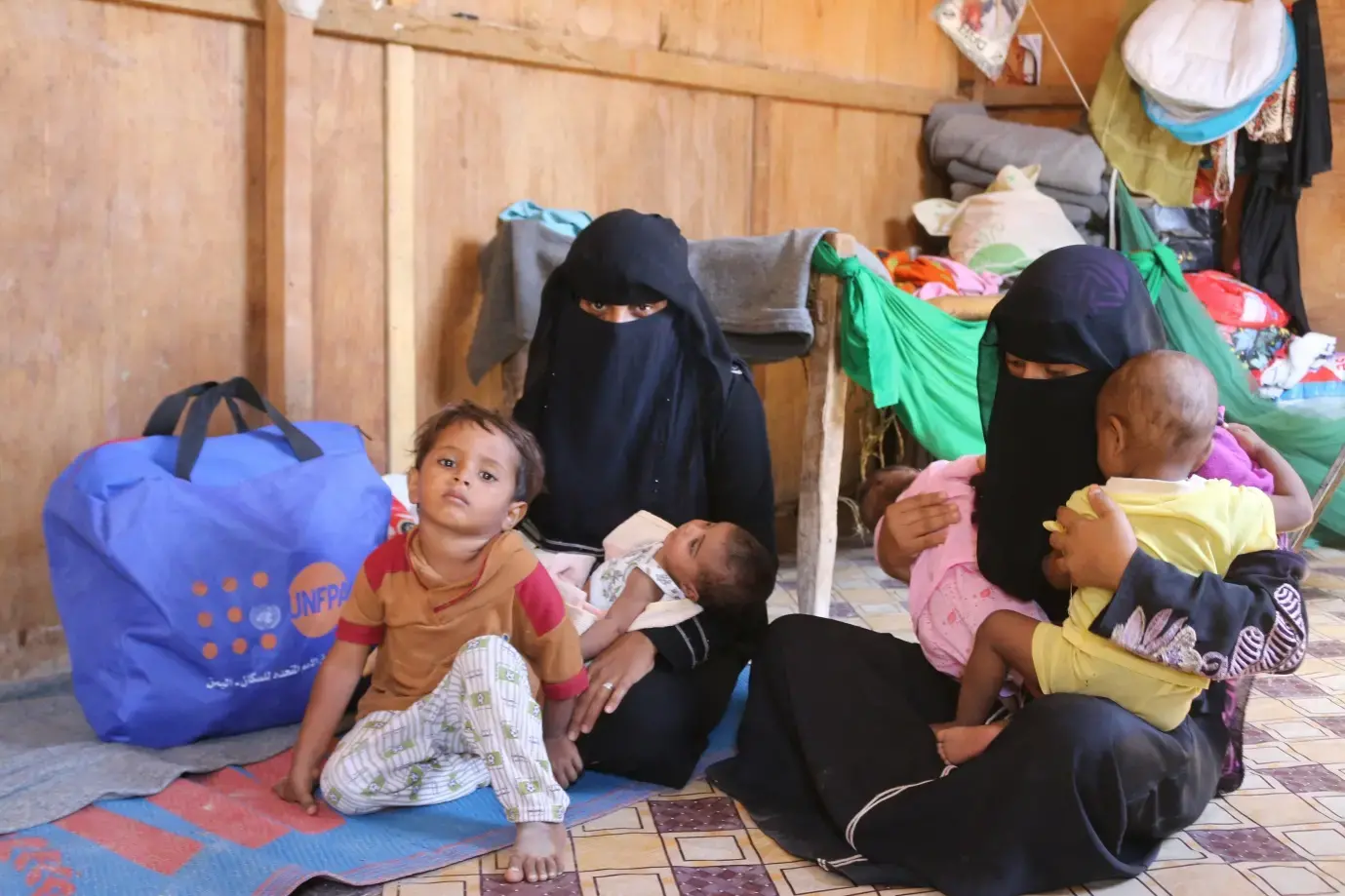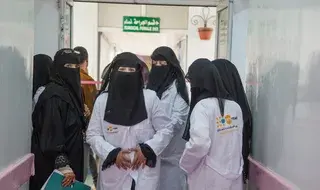The humanitarian situation in Yemen continues to deteriorate. Twenty-two million people, 75 per cent of the entire population, require some form of humanitarian assistance and protection, including 8.4 million Yemenis who do not know where their next meal will come from.
The rapid and uncontrolled depreciation of the Yemeni Rial since early September has worsened the crisis. The costs of a basic food basket increased 25 percent and fuel costs by as much as 45 per cent in hard-hit areas. If current trends continue, an additional 3 million to 5.6 million Yemenis could become severely food insecure in the coming months, pushing the number of severely food insecure Yemenis up to 14 million in a worst case scenario. Those most likely to be affected include the 70 per cent of Yemenis living on less than US$1 per day and the hundreds of thousands of civil servants and pensioners, who have either not received salaries or pensions, or have only received them intermittently, since August 2016.
Women and girls across the country are at grave risk. In addition to the 1.1 million pregnant and breastfeeding women who are already suffering from severe acute malnutrition, if famine strikes an estimated 2 million malnourished pregnant and lactating women would be at increased risk of death.
UNFPA's response in Yemen continues to expand in size and coverage to address the growing reproductive health and protection needs. UNFPA dispatched emergency supplies to assist communities affected by Tropical Cyclone Luban that hit Socotra island and coastal areas of south-east Yemen on 14th October 2018. Cyclone Luban had displaced some 3,000 families, 11 deaths and 124 injuries by 21 October 2018.
As part of the rapid response mechanism, led by UNFPA, more than 1,300 Rapid Response mechanism kits were distributed.





